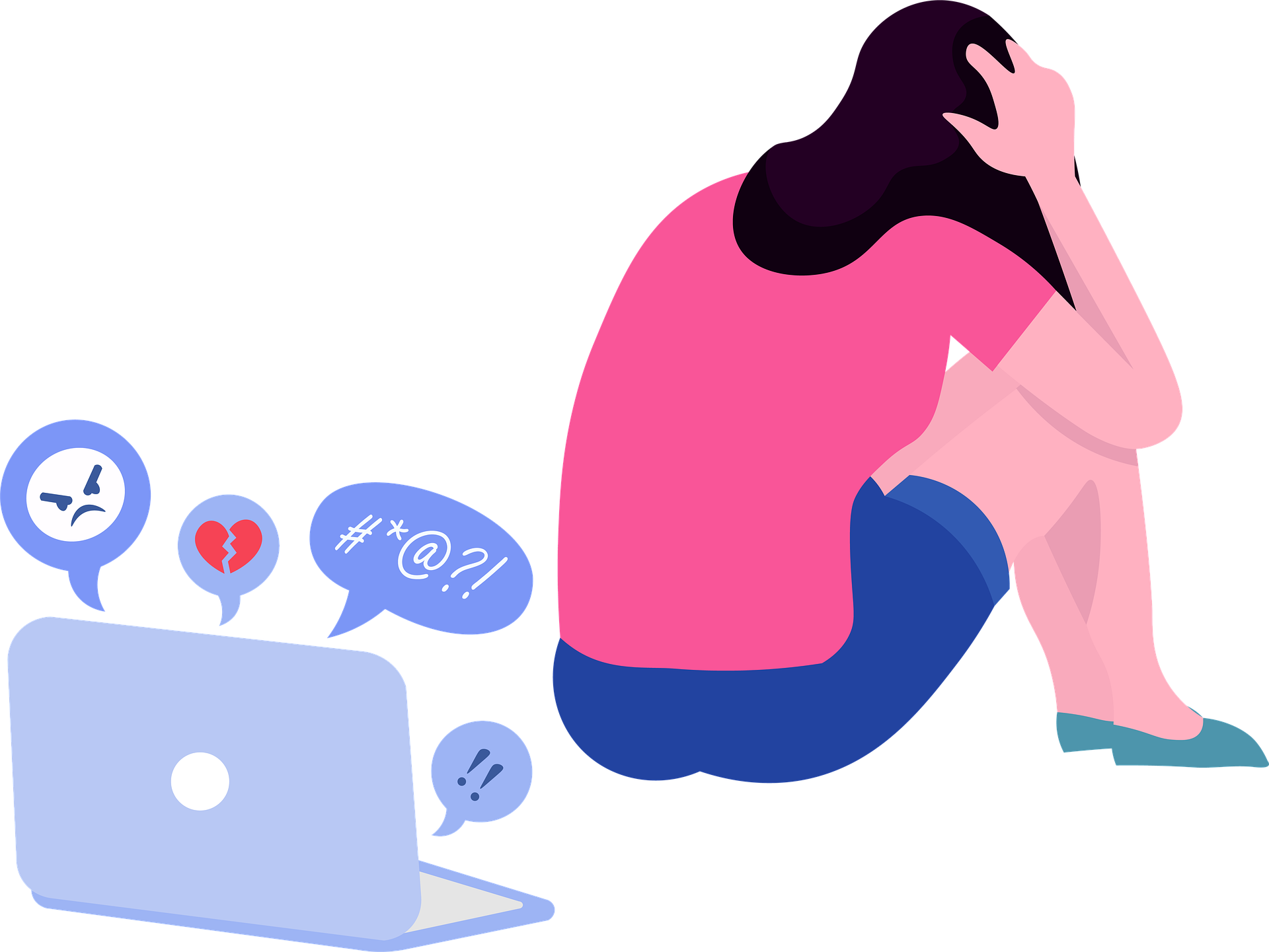“Sticks and stones may break my bones, but names will never hurt me…”
Even though I repeated this to myself in my head, it wasn’t true. Being called names, being “left out”, approaching groups of girls who stopped talking when I arrived, and not being invited to parties hurt really hurt.
It was sometime in the 1990’s when I went to intermediate school. An already anxious girl, starting a new school with so many people was overwhelming. It soon became clear that I didn’t quite fit. I couldn’t quite get into the groove of a friendship group. Or if I did, I soon became the scapegoat, the one being made fun of, or not in on the “in-jokes”. I, myself, even engaged in some subtle bullying as I tried to nudge my way into an established group; trying to bump someone out of a friendship pair so that I wouldn’t have to sit by myself in the 2 by 2 desks. Again.
I regret that.
Sadly, being bullied carried through to high school years, and really impacted my mood, my learning, and my confidence. This didn’t occur in a vacuum; my parents became stressed and felt helpless of how to help and support me.
Though it felt like it would never end at the time, it did. As I progressed through the years of school, I found my niche, my crew. I remain friends with these wonderful humans to this day. These, now women, also had their own stories, own challenges, and are now highly successful lawyers, accountants, nurses, and cutting edge digital marketers. My path took me into working with young people experiencing difficulties with their mental health.
This isn’t one of those stories where the bully ends up living on the fringe of society. I’m not even sure where some of my historical tormentors are now. I now know, both as an adult and a health professional, that those who engage in bullying are often struggling themselves, trying to find their way, or unaware of the distress they care causing. Compassion for myself and those who caused my harm has helped me to hold history lightly.
If someone you know is being bullied, or you have that suspicion, ask. Check in. Name the concern.
If you’re correct, that’s a great first step that the person is no longer experiencing this alone. Support them to make a plan of what to do, where to go, who to speak to when bullying happens. Praise them when they manage difficult situations skilfuly, coach and comfort them when they don’t, or if they feel like nothing is working. The connection, the support, the reaching out will make all the difference and help reduce their sense of isolation.
“tiro atu to kanohi ki tairawhiti ana tera whiti te ra kite ataata ka hinga ki muri kia koe.”
Turn your face to the sun and the shadows fall behind you.
So, reach out, tap someone who might be struggling on the shoulder, help them towards the sun rather than being continued to be smothered by shadows.
For resources about supporting someone who is being bullied, check out below:
- https://www.bullyingfree.nz/
- https://parents.education.govt.nz/secondary-school/wellbeing/bullying/
- https://www.employment.govt.nz/resolving-problems/types-of-problems/bullying-harassment-and-discrimination/bullying/
- written by a one of the CASA team
Tags: bullying; school; workplace; parents; support

